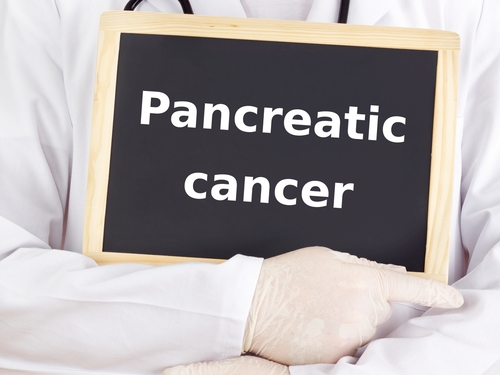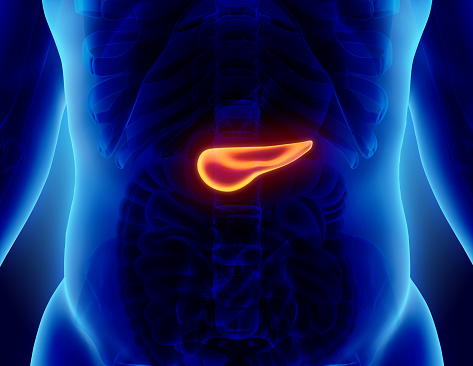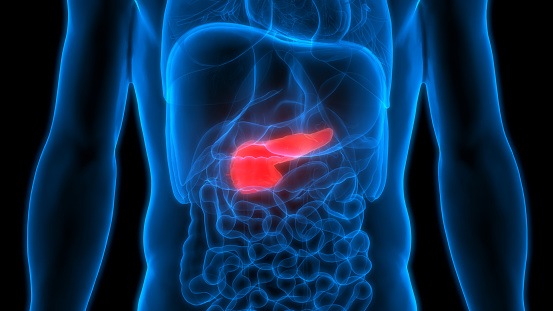
Pancreatic ductal adenocarcinoma is one of the most aggressive forms of pancreatic cancer, with a 5-year survival rate of less than 10%. Results from a recent study published in Nature Cancer suggest a novel therapy that targets scar-like fibrotic tissue in tumors may be an effective treatment.
The drug, PXS-5505, increased survival more than 35% compared with chemotherapy treatment alone when used in mouse models. “The preclinical validation of this first-in-class, antifibrotic drug marks a major milestone in our quest to overcome the significant challenges in treating pancreatic cancer and brings hope to patients and their families,” said Thomas Cox, an associate professor, head of the Matrix and Metastasis Lab at the Garvan Institute of Medical Research, and senior author of the study, in a press release.
PXS-5505 works by blocking enzymes that play a critical role in depositing collagen into the fibrotic tissue around tumors. It was developed by the Sydney, Australia-based pharmaceutical research company Pharmaxis and is currently in phase 2 clinical trials for the treatment of bone marrow cancer.
Working in concert with Pharmaxis, Garvan researchers found that PXS-5505 not only reduced fibrosis in pancreatic tumors, but also reduced the spread of cancer to other organs, such as the liver, by 45%.
“PXS-5505 returns the tumor microenvironment to a more ‘normal’ state by reducing fibrosis and decreasing tumor stiffness,” Dr. Jessica Chitty, senior research officer at Garvan and first author of the study, explained. “This allows chemotherapy drugs to penetrate the tumors more easily, work more effectively, and destroy more cancer cells.”
According to Prof. Cox, “PXS-5505 shows real potential to improve chemotherapy for patients. We are now in the process of progressing this work toward clinical trials that will evaluate this promising drug combination approach for pancreatic cancer patients.”







 © 2025 Mashup Media, LLC, a Formedics Property. All Rights Reserved.
© 2025 Mashup Media, LLC, a Formedics Property. All Rights Reserved.